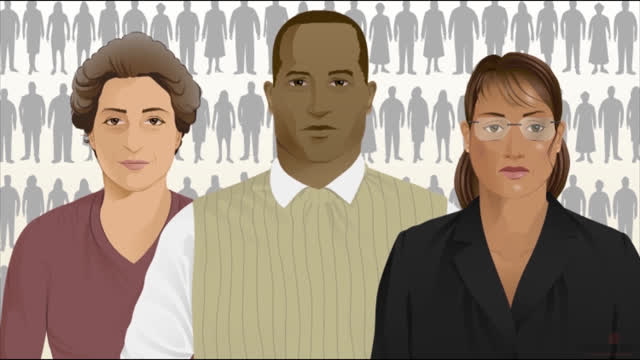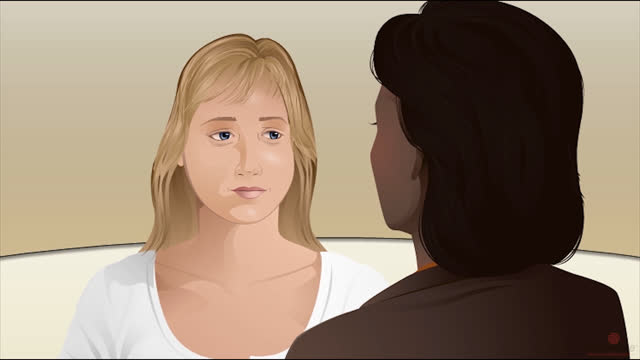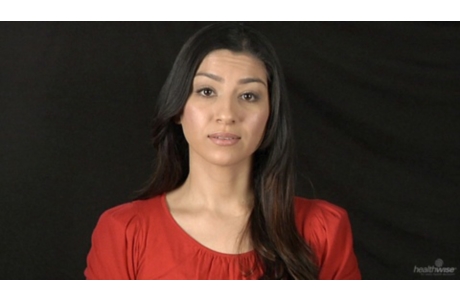Do I Have Depression?
Topic Overview
Read the following information to help you decide whether you might have depression. It does not take the place of a doctor’s diagnosis.
Depression causes you to feel sad or hopeless much of the time. It’s different from normal feelings of sadness, grief, or low energy. Depression is a medical problem that needs treatment. If you think you may be depressed, see your doctor for diagnosis and treatment right away. Untreated depression may get worse.
You may have major depression if you have at least five of the symptoms listed below for 2 weeks or longer and one of the symptoms is either sadness or loss of interest. You may:
- Feel sad, hopeless, or empty. Others might have noticed that you appear sad or tearful.
- Lose interest in or not get pleasure from most daily activities.
- Lose or gain weight because of changes in how hungry you feel.
- Sleep too much or not enough.
- Feel restless and not able to sit still, or sit quietly and feel that moving takes great effort.
- Feel tired all the time.
- Feel unworthy or guilty for no reason. You may worry that people don’t like you.
- Find it hard to focus, remember things, or make decisions.
A serious symptom of depression is thinking about death and suicide. If you or someone you care about talks about suicide or feeling hopeless, get help right away.
Learn the warning signs of suicide, which include talking a lot about death, giving things away, or using a lot of alcohol, drugs, or both. If you see these signs in yourself or a loved one, get help.
If you think you may have depression, take this short quiz to check your symptoms:
If you have fewer symptoms, you may still be depressed and need treatment. No matter how many symptoms you have, it’s important to see your doctor. The sooner you get treatment, the better your chance for a quick and full recovery.
There are several types of depression that may have different symptoms and patterns. These include:
- Seasonal affective disorder (SAD). People who have seasonal affective disorder are depressed only at a certain time each year, usually in the fall and winter months.
- Premenstrual dysphoric disorder (PMDD). Women who have regular and severe emotional and physical premenstrual symptoms that interfere with daily life may have PMDD. This is similar to premenstrual syndrome (PMS) but has symptoms that are more severe.
- Postpartum depression. Women who become depressed after the birth of a child may have postpartum depression.
- Dysthymic disorder (chronic mild depression) occurs when a person has only 2 to 4 symptoms of depression for a period of at least 2 years.
- Double depression. This occurs when a person with dysthymia also has an episode of major depression.
- Adjustment disorder with depression. Sometimes a stressful situation can cause temporary symptoms of depression that improve after the crisis is resolved.
If you think you have depression after reviewing this list, print the list and circle those symptoms that you have. Take the list to your doctor.
If your depression is related to a health problem, such as hypothyroidism, treating the disease usually cures the depression. Substance use also may cause depression that is cured when the substance use is stopped. Substance use also can be a sign of depression.
If you have just lost someone you care about, you may have symptoms similar to those of depression. Feelings of sadness, sorrow, and grief are normal. And most people start to feel better over several months. But if you feel very sad or depressed, your symptoms don’t go away, or you think about killing or hurting yourself, see your doctor. You may need treatment.
The U.S. Preventive Services Task Force recommends that all people, starting at age 12, be screened for depression.
For more information, see the topic Depression.
Current as of: May 28, 2019
Author: Healthwise Staff
Medical Review:Kathleen Romito MD – Family Medicine & Christine R. Maldonado PhD – Behavioral Health
This information does not replace the advice of a doctor. Healthwise, Incorporated, disclaims any warranty or liability for your use of this information. Your use of this information means that you agree to the Terms of Use. Learn how we develop our content.




